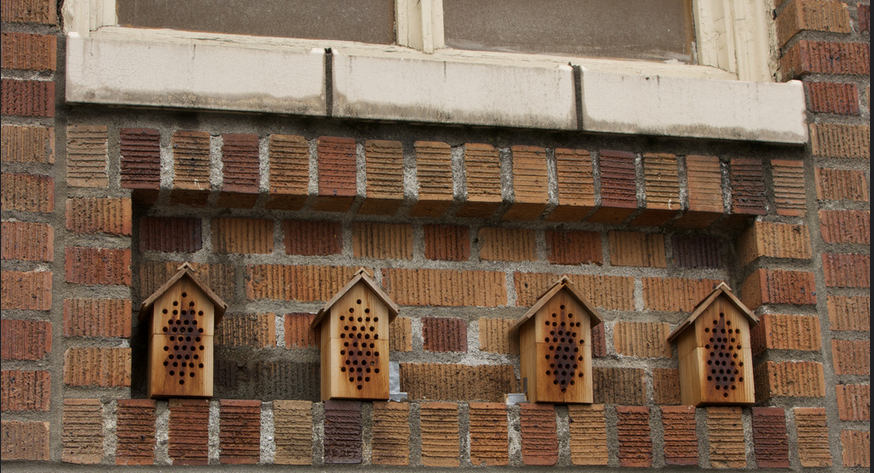Photo: by Alan
This book is marvelous. Humane, beautifully observed, and funny! Full of wonderfully crafted sentences and paragraphs, such a work. All about love and family and marriage and houses and communities and time, but I’ll pick out these two excerpts on America.
From “envy #2”:
The colonists on the ship that brought the first honey-bees to the New World suffered a worse passage than all other colonists. In addition to everything–stenches, storms, sunburns, hunger, thirst, constipation, nostalgia, insomnia, uncertainty, cold moons on black waters, the desperate yearning for sugar, the infuriating weight of one’s body, its tyrannical needs, how heavily it moors one to the stinking wooden boards,preventing one from experiencing other, more abstract desires–they’re subjected to bee-stings, most earthbound and gardenbound of sufferings, a pain historically mitigated by the aroma of peaches, grass, dirt, roses, usually forgotten by the time the sunbeams turn to honey, warmly recalled as the worst mishap of a perfect day (and anyhow aren’t honeybees responsible for peaches, roses, the metaphor of honey?), but there’s nothing in this waterbound world to mitigate the pain, and so they howl, howl until gender and age vanish and each becomes just a creature, howling. Meanwhile, a tiny golden carcass falls to the salty boards.
From “regime #11”:
Tourists from our country are astonished to discover that here, in your country, light does not have density. Our grandparents spoke longingly of a time when the light in our country did not weigh down on everyone. This is why we go to your greatest bridge. We walk to the middle, where those stone archways reach upward….
Then we turn our attention to the people of your country. We notice that the beautiful young boys and beautiful young girls wear large sunglasses to hide their eyes from the beautiful light. Imagine that! These girls and boys walk in slow motion, letting the wind do what it wishes with their skirts and t-shirts. We do not understand why your young people are not smiling. And we get worried when we see the young boys pressing the young girls against the glowing cables of the bridge. We picture the worst: lean beautiful bodies shooting toward the water, illuminated for a few seconds by the incredible sun. We have the urge to chide the boys: “Boy be you careful Girl!”
But then we remember that we are in a country where such things do not happen, where light is not heavy, where sun and wind and water and cables interact without agony, where the young cannot simply fall off great bridges into bright water.
